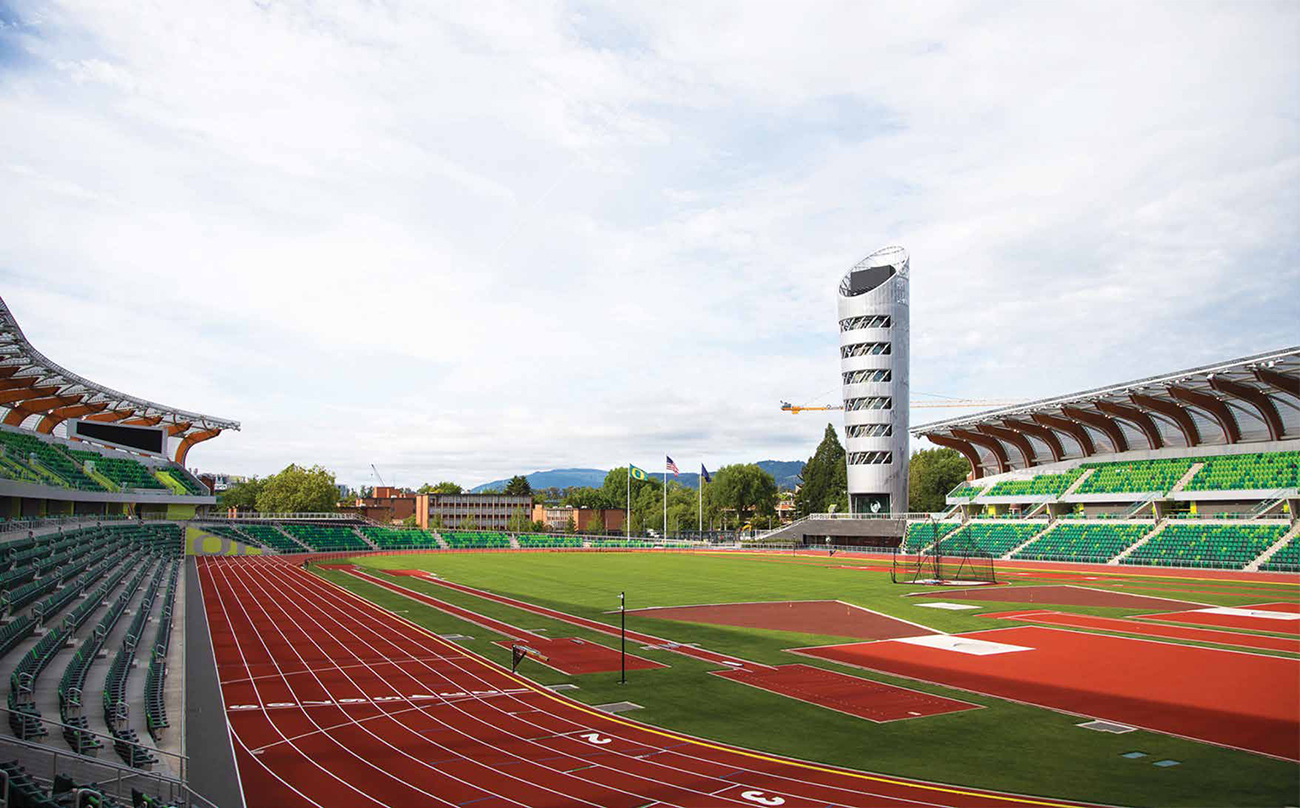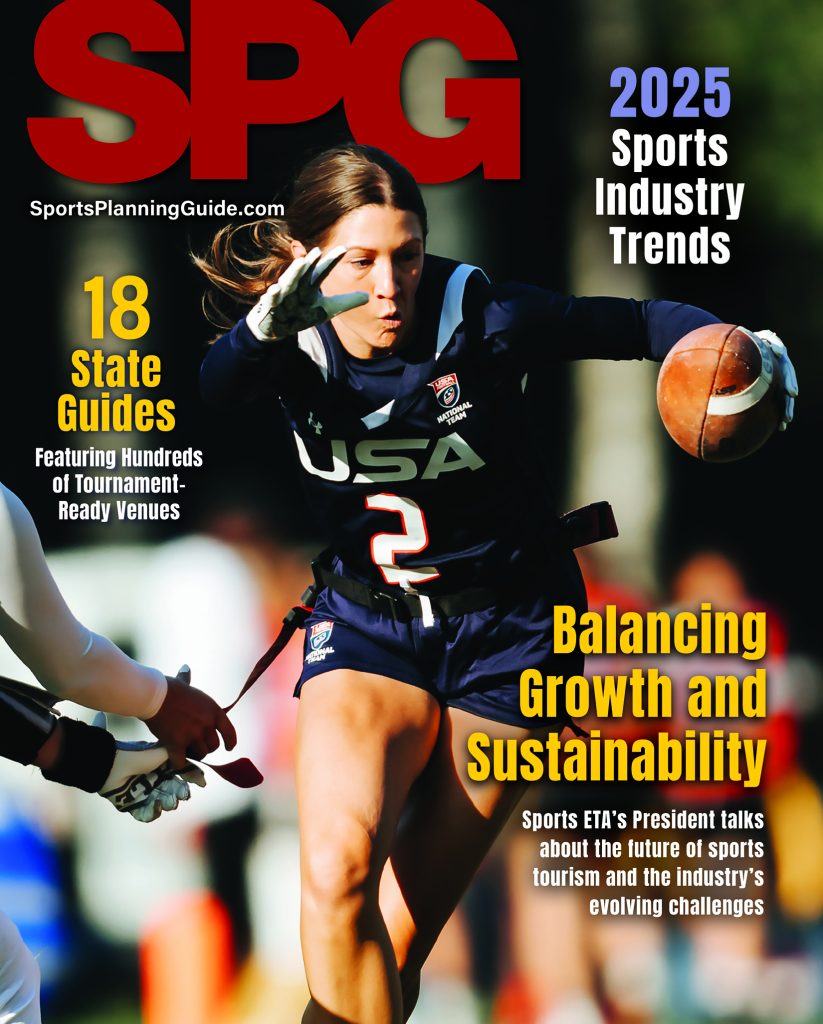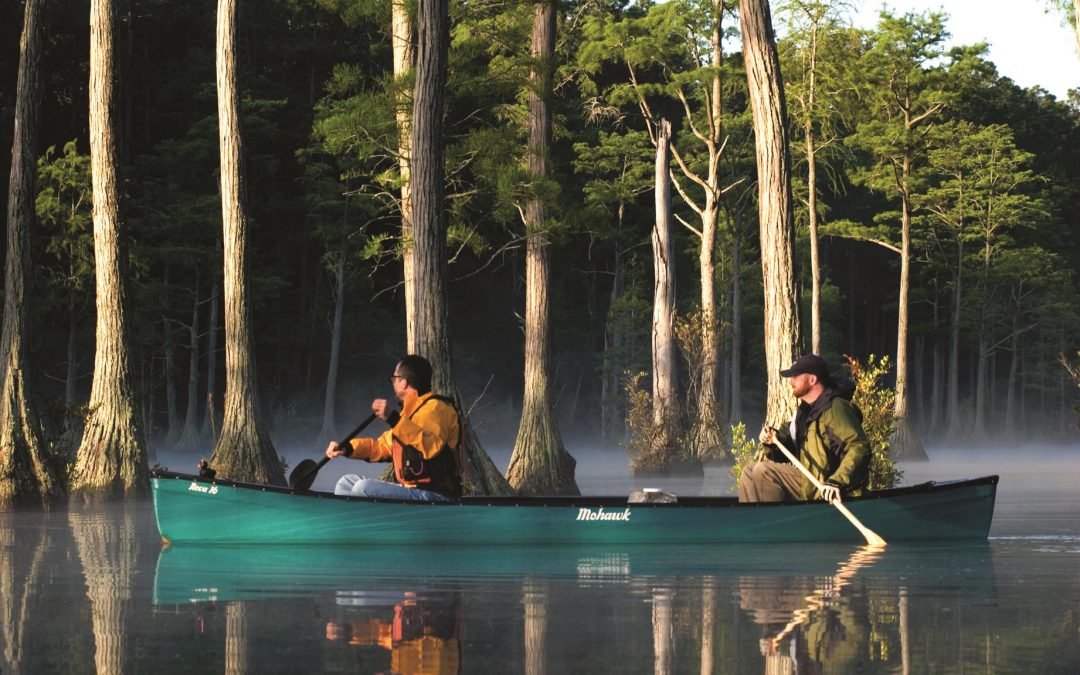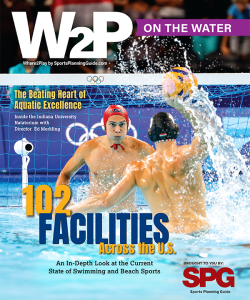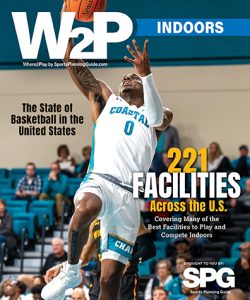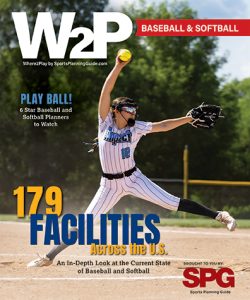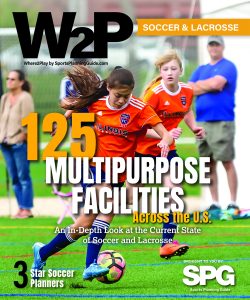Developing mutually beneficial relationships leads to a win-win partnership
Every young athlete dreams of playing where his or her sports heroes play. Those dreams become much closer to reality when those young athletes can compete on the campus of their favorite college teams, where their favorite athletes compete. And creating these experiences for young athletes also provides remarkable benefits for both communities and colleges alike. Communities benefit economically from tourism revenue while colleges reap the benefits of exposure.
While the opportunity to utilize the top athletic facilities at local colleges for outside competition is clearly advantageous, it isn’t as easy as unlocking the gate to the community park and rolling the ball out. Therefore, it is imperative for local CVBs and DMOs to establish and develop trusting relationships with local institutions.
MUTUALLY BENEFICIAL RELATIONSHIPS AND PARTNERSHIPS
The biggest key to unlocking the potential to hold events at collegiate athletic venues is to establish mutually beneficial relationships. While one-off events held on a college campus can happen, destinations are better served by developing partnerships that maximize the benefits for both the community and the college. Colleges need to see how your event will add value beyond just goodwill, and outside athletic competition can do so much, including bringing potential future students to campus and the ability to broaden the college’s brand.
Columbus, Ohio is home to numerous colleges, most notably Ohio State University, which has more than 20 athletic facilities, with numerous options that are available to rent for practices, games, tournaments, clinics and more with an easy-to-use online rental request form.
Columbus enjoys a strong relationship with Ohio State and the city’s other colleges, having partnered with Ohio State to host dozens of volleyball events. The Schottenstein Center has hosted high school state championships for wrestling and basketball and the Ohio State University Golf Club has welcomed many outside competitions.
“The town and gown relationship in Columbus is strong,” said Greater Columbus Sports Commission Executive Director Linda Logan. “We have had the opportunity to showcase the ‘Columbus Way’ of collaboration while driving economic development, raising our image and profile and adding to the quality of life in our city. I have seen our community pride grow significantly and it is hard to put a value on this.”
Similarly, the Eugene, Cascades & Coast Sports Commission has worked with the University of Oregon in Eugene to host regional, national and international events at its numerous athletic venues.
Hayward Field, a landmark track and field venue that has helped Eugene become known as TrackTown, hosts numerous events including the Prefontaine Classic, U.S. Olympic Team Trials, the 2023 World Athletics Championships Oregon22, and the 2023 Wanda Dimaond League Final.
The University of Oregon also welcomes 264 high school-age teams annually to the Matt Hartner Memorial Volleyball Classic, which is held in the Moshofsky Center and MacArthur Court.
“The economic impact is an obvious benefit, but it’s not the only benefit,” says Philis McLennan, director, Conventions & Sports Marketing at Eugene, Cascades & Coast Sports Commission. “Having access to venues is critical, but access to volunteers, interns and student-led projects from the Warsaw Sports Marketing Center and, of course, national destination recognition associated with the UO’s athletic programs are also big benefits.”
PATIENCE AND PERSISTENCE
The biggest challenge to utilizing top college athletic facilities is availability. Understandably, these facilities are prioritized for use by the college’s athletic programs first, and then, more broadly, the campus community at-large.
Lengthy lead times are often need to reserve these facilities and, as is the case with any relationship, building a strong and trusting relationship also takes time.
Lansing, Michigan is the home of Michigan State University and has utilized its outstanding collegiate athletic facilities to open its doors to a number of outside athletic events, including the 2021 NCAA Division III women’s golf championships held at Michigan State’s Forest Acres Golf Course, with a partnership between Olivet College and the Greater Lansing Sports Authority.
“It takes time to develop a true partnership with the local colleges, which goes far beyond just arranging a single event. We have been able to establish trust and understanding while being supportive of their efforts and helping broaden their brands,” said Mike Price, executive director of the Greater Lansing Sports Authority.
None of this is to say that you should be passive while waiting for a door to open. It is important to remember that colleges want to be good community partners and want people to see their campus. The door might not open after the first or second knock, but eventually it may.
PLANTING SEEDS
Hosting a large-scale athletic event on a college campus may not be plausible initially, so starting small can be a great first step for building a bigger partnership. Showing yourself to be a good tenant during a weekly practice or monthly clinic may be a precursor for hosting a weekend-long tournament on campus.
Additionally, growing your network can help you connect with key decision-makers who will help champion your events. Logan states, “this means getting to know coaches, administrators, and staff in your community throughout the year, not just when you need something.”
“Those seeds that you plant today will grow over time and you will do amazing things together,” said Logan.
PAY IT FORWARD
One surefire way to make a good impression on the institution hosting your competition is to put on a great event. Not only will this create positive memories for participants to associate with the college, but it will highlight you as a trustworthy partner.
Among the ways to stand out here is by ensuring open and timely communication, leaving venues in as nice, condition when you arrived, and offering assistance throughout your event.
As always, it is important to circle back and see what else you can do for the college. Is there anything else you can do to assist with travel for incoming teams and fans? How can you help with marketing, promoting, and fundraising?
By Peter Schmidt

